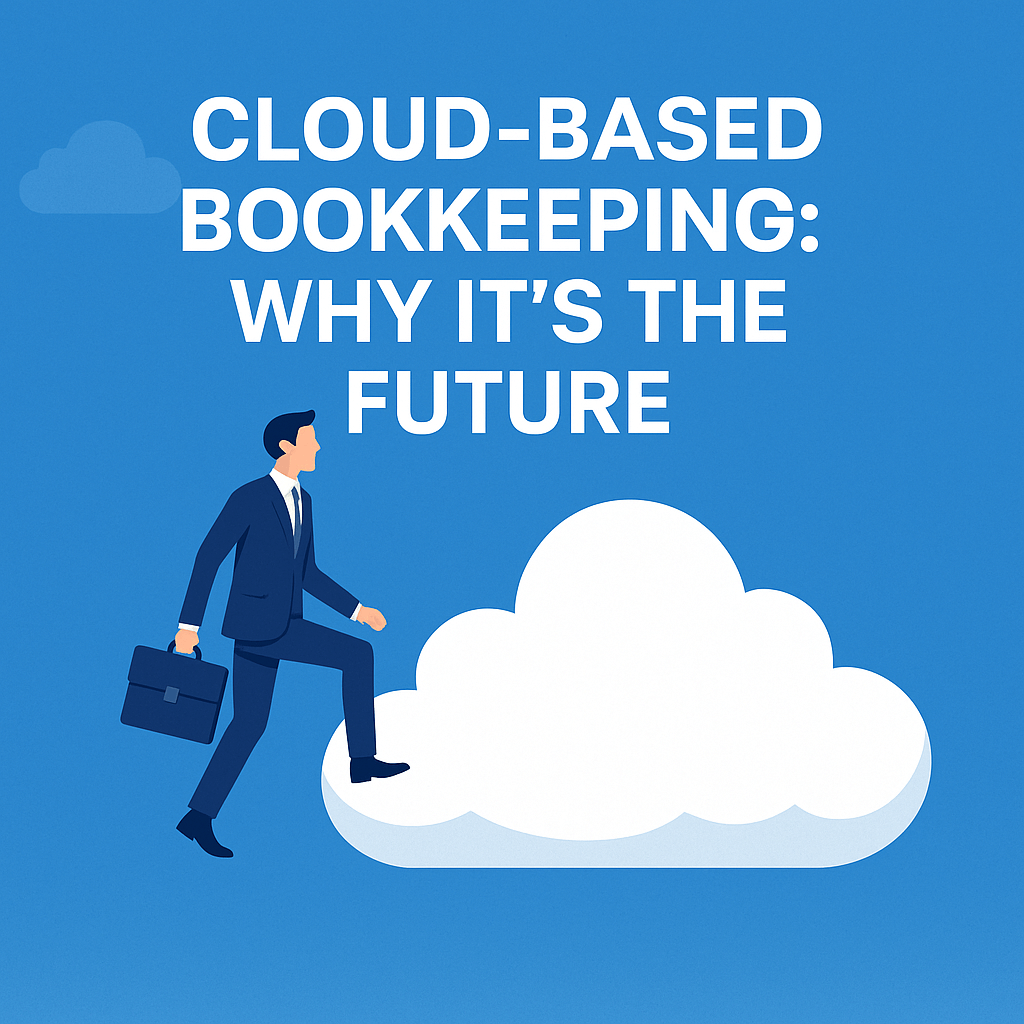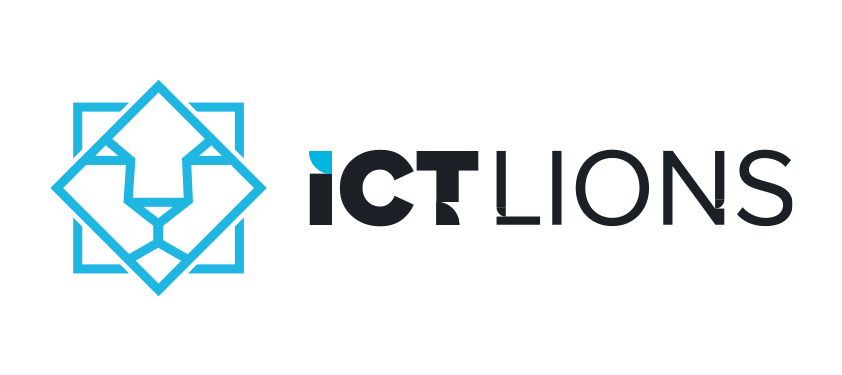![]()

Cloud-Based Bookkeeping: Why It’s the Future
For many small and mid-sized businesses, bookkeeping still means spreadsheets, endless reconciliations, and desktop software that feels more like a burden than a tool. In 2025, that isn’t just inconvenient — it’s a risk. Outdated systems quietly drain money, waste time, and leave companies exposed to compliance errors and data loss.
The shift to cloud-based bookkeeping isn’t about chasing the latest tech trend. It’s about survival and growth. Across the U.S., SMBs that adopt cloud solutions are operating leaner, staying compliant with IRS digital reporting requirements, and making smarter decisions with real-time financial data. Those who resist are finding themselves at a disadvantage.
Why Traditional Bookkeeping Is Holding Businesses Back
Most owners don’t notice the inefficiency because it feels “normal”: receipts pile up, reconciliations lag weeks behind, and every tax season becomes a scramble. The U.S. Chamber of Commerce found in late 2024 that 40% of SMB owners spend over 80 hours a year just on bookkeeping tasks. That’s two full work weeks lost to administration — without counting the errors that creep in along the way.
Security is another hidden problem. A 2025 RightWorks survey revealed that 61% of small businesses relying on local systems had no usable backup after a data loss event. One ransomware attack or hard-drive failure can erase months of financial history.
These issues don’t show up on a balance sheet until it’s too late, but they chip away at profitability and peace of mind.
How Cloud Bookkeeping Changes the Game
Cloud bookkeeping means your financial data lives in secure, encrypted servers — accessible anytime, anywhere. Transactions update in real time, and both you and your accounting team see the same information simultaneously.
This immediacy matters. Instead of looking back at last month’s numbers, owners can make real-time decisions. NetSuite’s 2025 Cloud Accounting Report showed that SMBs using cloud systems are 30% more likely to spot negative cash flow trends before they become critical compared to those relying on spreadsheets or desktop tools.
The efficiency gains are even more striking. AI and automation now handle much of the repetitive work: bank feeds, invoice matching, and expense categorization. Intuit reports that QuickBooks’ AI auto-categorization cuts manual entry by up to 80%. That means less time buried in paperwork and more time running the business.
The Cost Excuse Doesn’t Hold Up Anymore
One of the biggest fears owners voice is cost. But subscription pricing has flipped the equation. Instead of big licensing fees, cloud bookkeeping operates on predictable monthly costs — with no servers or IT overhead.
The ROI is clear. Accounting Today’s 2025 survey found that businesses moving to cloud systems reported 30–50% savings within the first year. And those who pair cloud adoption with outsourced accounting, like ICT Lions offers, compound those savings further: no payroll costs for in-house staff, no training gaps, and far greater accuracy.
Why 2025 Is the Tipping Point
Cloud isn’t new — but this year is different. Three factors are pushing adoption from “nice to have” to “non-negotiable”:
- IRS digitization is accelerating, making manual or paper-heavy systems harder to maintain.
- Competition is surging: by the end of 2025, 78% of U.S. SMBs are expected to run entirely on cloud systems.
- Technology maturity has eliminated early kinks. Platforms now integrate seamlessly with payroll, banking, and inventory while offering built-in forecasting dashboards.
Ignoring this shift isn’t staying “safe” — it’s falling behind.
AI + Human Oversight: The Winning Formula
It’s tempting to believe AI can handle it all. And yes, it does the heavy lifting. But accuracy still requires professional oversight. AI can misclassify expenses or miss context that impacts taxes. The smart move isn’t choosing between automation and people — it’s combining them.
AI handles repetitive tasks, while experienced accountants review, validate, and interpret the data. The result is faster, more accurate bookkeeping — paired with the strategic guidance a business owner can’t get from software alone.
Why Businesses Hesitate — and Why They Shouldn’t
Change feels risky. Many owners worry they’ll “lose control” if bookkeeping moves online. In practice, the opposite happens: cloud dashboards give owners more control than ever, with live financial data at their fingertips.
Others assume migration will be painful. In reality, modern onboarding processes make the switch smooth, often within days. And the long-term payoff — time saved, errors avoided, better decisions — makes the short-term learning curve insignificant.
Final Thought
Most SMBs wait until something goes wrong before they rethink bookkeeping — a tax penalty, a cash flow crisis, or a data scare. But the businesses pulling ahead in 2025 are the ones making the switch before disaster strikes.
Cloud-based bookkeeping isn’t a trend. It’s the backbone of modern financial management. If your business is still running on outdated systems, you’re already behind.
ICT Lions can help you get ahead — with cloud-powered efficiency, human expertise, and a future-proof approach. Contact us today and let’s set your books, and your business, up for what’s next.

